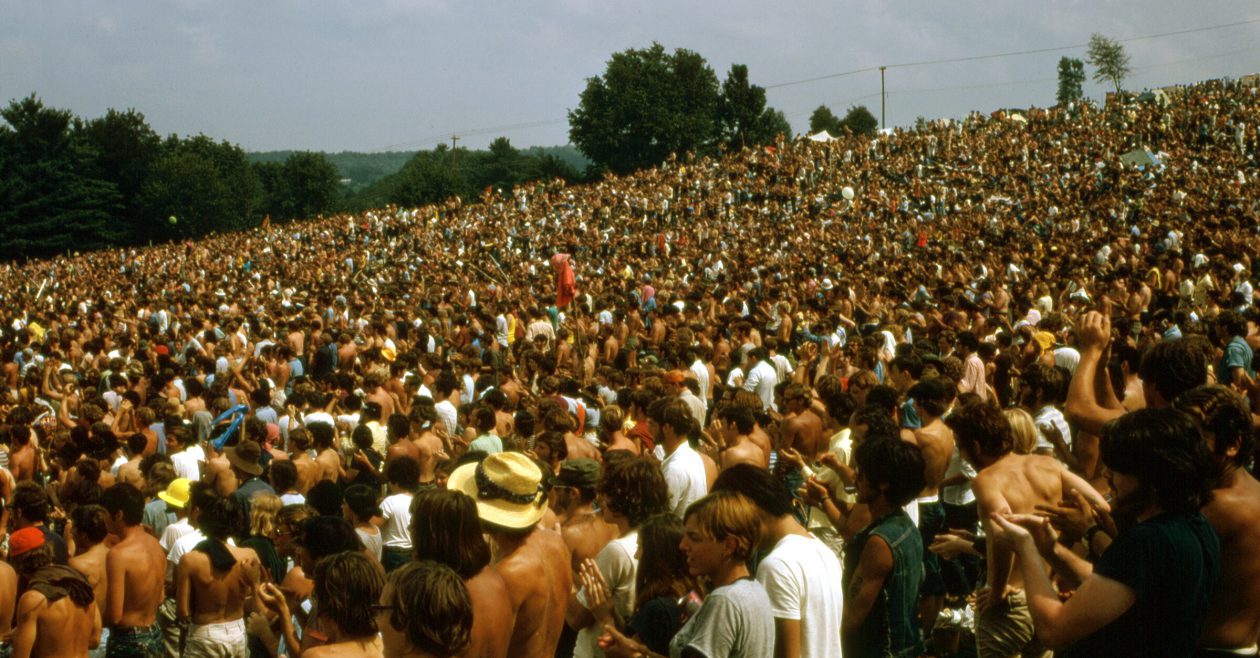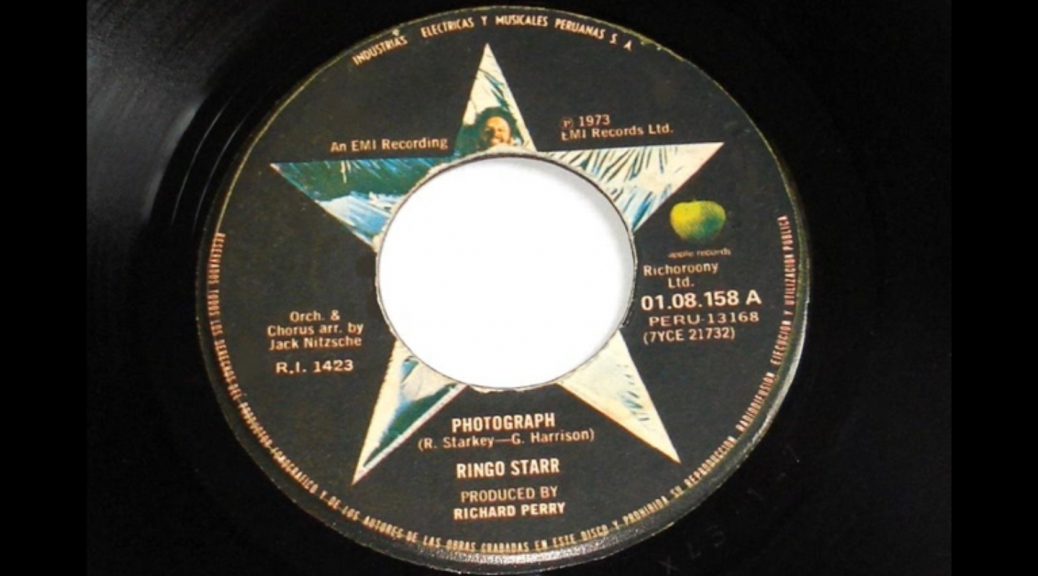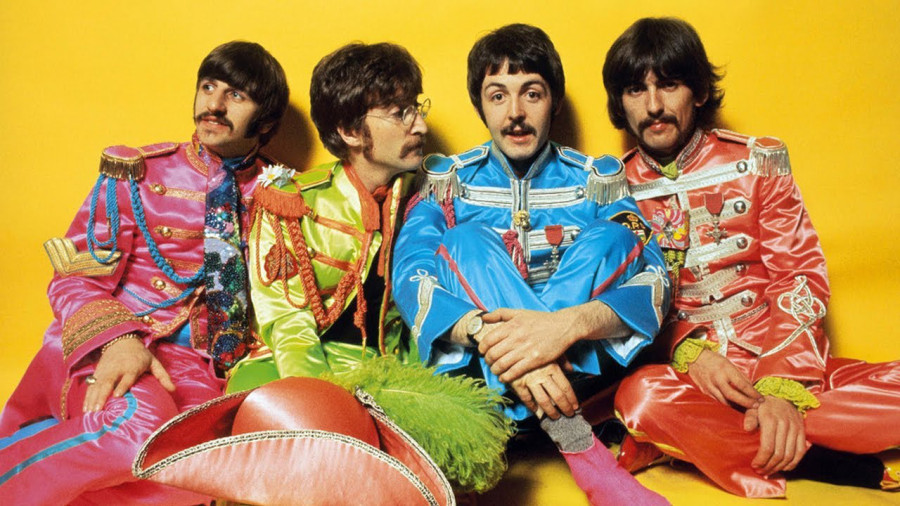November 24 Peace Love Art Activism
BLACK HISTORY
Black Codes instituted
November 24, 1865: shortly after the end of the Civil War in 1865, Southern states sought to control and confine tcheir large populations of newly-freed black people by passing laws that authorized their arrest and incarceration. These laws, known as “black codes,” typically applied only to black people and criminalized acts that were not offenses at all when committed by whites.
In November and December 1865, the Mississippi legislature approved numerous black codes. One passed on November 24, 1865, declared that “all freedmen, free negroes and mulattoes” found without proof of employment or business or found “unlawfully assembling themselves” would be deemed vagrants and, upon conviction, owe up to $50 in fines and serve up to ten days in jail. The same law threatened whites with vagrancy convictions if found assembling or associating with freedmen “on terms of equality” or found “living in adultery” with a black partner. If convicted, whites faced up to $200 in fines and up to six months in jail.
As a result of black codes like these in Mississippi, and similar laws passed during the same period in states throughout the South, the post-Civil War era brought American black people more contact with the criminal court and prison systems than ever before. As the former Confederacy learned to wield the criminal justice system as a tool of racial control, countless black men, women, and children were convicted and sentenced under unjust laws that criminalized them for existing as free, black citizens. [CRF article] (see Dec 18)
Dramatists Guild
November 24, 1946: the issue of race discrimination in Washington theaters came to a head, it was reported on this day, when the Dramatists Guild signed a contract with local theaters demanding that there be no racial discrimination “on either side of the footlights.”
The issue of race discrimination in the nation’s capital had been brewing since the great African-American singer Marian Anderson was denied use of Constitution Hall by the hall’s owners, the Daughters of the American Revolution (DAR). That controversy ended when the administration of President Franklin D. Roosevelt granted permission to hold the concert at the Lincoln Memorial, on April 9, 1939. The concert is regarded as a historic event in the history of racial equality in the U.S. (see Dec 5)
School Desegregation
November 24, 1958: the U.S. Supreme Court unanimously decided Shuttlesworth vs. Birmingham Board of Education, rejecting a challenge to Alabama’s School Placement Law. The law, designed to defy the 1954 Brown v. Board of Education decision and maintain school segregation, allowed Alabama school boards to assign individual students to particular schools at their own discretion with little transparency or oversight.
Alabama’s School Placement Law, which claimed to allow school boards to designate placement of students based on ability, availability of transportation, and academic background, was modeled after the Pupil Placement Act in North Carolina — enacted on March 30, 1955, in response to the Brown decision. Virginia passed the second placement law on September 29, 1956. In 1957, after the North Carolina law was upheld by a higher court, legislatures in other Southern states passed similar pupil placement laws; by 1960, such laws were on the books in Alabama, Arkansas, Florida, Louisiana, North Carolina, Tennessee, Texas, Virginia, and the city of Atlanta, Georgia.
After the Alabama law’s passage, Rev. Fred Shuttlesworth sued on behalf of four African American students in Birmingham who had been denied admission to white schools that were closer to their homes. In its unanimous decision, the Supreme Court court wrote, “The School Placement Law furnishes the legal machinery for an orderly administration of the public schools in a constitutional manner by the admission of qualified pupils upon a basis of individual merit without regard to their race or color. We must presume that it will be so administered.”
Between the Brown v. Board of Education ruling in 1954 and 1958, a total of 376,000 African American children were enrolled in integrated schools in the South. This growth slowed significantly as states passed obstructive legislation like these pupil placement laws; the figure rose by just 500 students between 1958 and 1959, and by October 1960, only six percent of African American children in the South were attending integrated schools. . (next BH, see “In 1959”; next SD, see April 18, 1959)
Fables of Faubus
In 1959: Charles Mingus released “Fables of Faubus” aimed at Arkansas governor Orval Fabus. Uncomfortable with the lyrics, Columbia records turned the song into an instrumental.
Oh, Lord, don’t let ’em shoot us!
Oh, Lord, don’t let ’em stab us!
Oh, Lord, don’t let ’em tar and feather us!
Oh, Lord, no more swastikas!
Oh, Lord, no more Ku Klux Klan!
Name me someone who’s ridiculous, Dannie.
Governor Faubus!
Why is he so sick and ridiculous?
He won’t permit integrated schools.
Then he’s a fool! Boo! Nazi Fascist supremists!
Boo! Ku Klux Klan (with your Jim Crow plan)
Name me a handful that’s ridiculous, Dannie Richmond.
Faubus, Rockefeller, Eisenhower
Why are they so sick and ridiculous?
Two, four, six, eight:
They brainwash and teach you hate.
H-E-L-L-O, Hello.
(next BH, see Jan 12)
BLACK & SHOT
November 24, 2015: officer Jason Van Dyke charged with first-degree murder. Hours later, the city released the police dashcam video that captured Van Dyke shooting Laquan McDonald 16 times and killing him. Protesters marched in the Loop into the next morning. (B & S, see Nov 25; McDonald, see Dec 2)
November 24 Peace Love Art Activism
US Labor History
November 24, 1875: the United Cigar Makers of New York affiliated with the Cigar Makers’ International Union (CMIU) to form CMIU Local 144. Samuel Gompers was elected first president of the local and served several terms before going on to serve as the international’s vice president. “[W]e are powerless in an isolated condition,” Gompers said, “while the capitalists are united; therefore it is the duty of every Cigar Maker to join the organization.” (see June 21, 1877)
November 24 Peace Love Art Activism
Edwards v. California
November 24, 1941 in Edwards v California the Supreme Court declared unconstitutional a California law barring indigents from entering the state. California passed the law during the Depression in an effort to keep poor migrants out of the state and thereby avoid the costs of public relief.
The Court majority held that the law violated the Commerce Clause of the Constitution. Justices William O. Douglas, joined by Hugo Black, Frank Murphy and Robert Jackson, however, argued that the law violated the Privileges and Immunities clause of the Fourteenth Amendment.
Justice Douglas in dissent: “. . . I am of the opinion that the right of persons to move freely from State to State occupies a more protected position in our constitutional system than does the movement of cattle, fruit, steel and coal across state lines . . . The conclusion that the right of free movement is a right of national citizenship stands on firm historical ground.”
The New York Times headline for the article was “OKIE’S RIGHTS”
November 24 Peace Love Art Activism
Hollywood Ten
November 24, 1947: the House of Representatives issued citations for Contempt of Congress to the Hollywood Ten—John Howard Lawson, Alvah Bessie, Herbert Biberman, Lester Cole, Edward Dmytryk, Ring Lardner Jr., Albert Maltz, Samuel Ornitz, Adrian Scott, and Dalton Trumbo. They had refused to cooperate at hearings dealing with communism in the movie industry held by the House Un-American Activities Committee (HUAC). The “Hollywood 10,” as the men were known, were sentenced to one year in jail. The Supreme Court later upheld the contempt charges.
The ten responded the next day. (see November 25, 1947)
November 24 Peace Love Art Activism
Lee Harvey Oswald
November 24, 1963, Jack Ruby murdered Lee Harvey Oswald at the Dallas jail where Oswald was being held. (see March 14, 1964)
November 24 Peace Love Art Activism
November 24 Music et al
Sgt Pepper’s
November 24, 1966: began recording Sgt Pepper’s Lonely Heart Club Band.
According to the (excellent) Beatles Bible entry, “The first song of the late-1966 sessions was John Lennon‘s Strawberry Fields Forever.” (see Dec 16)
“Photograph”
November 24, 1973: Ringo Starr becomes the third former Beatle to earn a solo #1 hit when “Photograph” topped the Billboard Hot 100. (see March 13, 1974)
November 24 Peace Love Art Activism
My Lai Massacre
November 24, 1969: U.S. Army officials announced that 1st Lt. William Calley would be court-martialed for the premeditated murder of 109 Vietnamese civilians at My Lai. Army Secretary Stanley Resor and Army Chief of Staff William C. Westmoreland announced the appointment of Lt. Gen. William R. Peers to “explore the nature and scope” of the original investigation of the My Lai slayings in April 1968. The initial probe, conducted by the unit involved in the affair, concluded that no massacre occurred and that no further action was warranted. (see MLM for expanded chronology)
November 24 Peace Love Art Activism
Marijuana
November 24, 1976, : a Washington, DC Robert Randall, afflicted by glaucoma, employed the little-used Common Law Doctrine of Necessity to defend himself against criminal charges of marijuana cultivation (US v. Randall).
On November 24, 1976, federal Judge James Washington ruled Randall’s use of marijuana constituted a ‘medical necessity…’
Judge Washington dismissed criminal charges against Randall. Concurrent with this judicial determination, federal agencies responding to a May, 1976 petition filed by Randall, began providing this patient with licit, FDA-approved access to government supplies of medical marijuana. Randall was the first American to receive marijuana for the treatment of a medical disorder. (see February 21, 1978)
November 24 Peace Love Art Activism
Nuclear & chemical weapons
Superpower treaty
November 24, 1987: the US and the Soviet Union agreed to scrap shorter- and medium-range missiles in the first superpower treaty to eliminate an entire class of nuclear weapons. [DoS article] (Cold War, see Dec 7; NN, see Dec 8)
Iran’s nuclear program
November 24, 2013: the US and five other world powers announced a landmark accord that would temporarily freeze Iran’s nuclear program and lay the foundation for a more sweeping agreement. It was the first time in nearly a decade, American officials said, that an international agreement had been reached to halt much of Iran’s nuclear program and roll some elements of it back. In return for the initial agreement, the US agreed to provide $6 billion to $7 billion in sanctions relief. Of this, roughly $4.2 billion would be oil revenue that has been frozen in foreign banks. [NYT article] (see January 12, 2014)
November 24 Peace Love Art Activism
Crime and Punishment
November 24, 2015: Governor Steve Beshear, Democrat of Kentucky, issued an executive order restoring voting rights for nonviolent ex-felons who had completed their sentences. The order gave 170,000 ex-offenders the opportunity to register to vote, according to the Brennan Center for Justice. (see January 25, 2016)
November 24 Peace Love Art Activism
Cannabis
November 24, 2021: the South Dakota Supreme Court ruled that a voter-approved marijuana legalization initiative was invalid on procedural grounds, a major setback for activists who have been awaiting the court’s decision for months. That said, advocates would pursue a two-track plan to enact the reform next year.
In a 4-1 vote, the justices upheld a circuit court ruling that found the 2020 ballot measure violated the state’s single subject rule for constitutional amendments, meaning it covered too much ground and was not narrowly focused enough to meet the electoral standard.
The lawsuit was officially brought by two law enforcement officers but was funded with taxpayer money supplied by the administration of Gov. Kristi Noem (R) [MM article] (next Cannabis, see Nov 30, or see CAC for expanded chronology).



